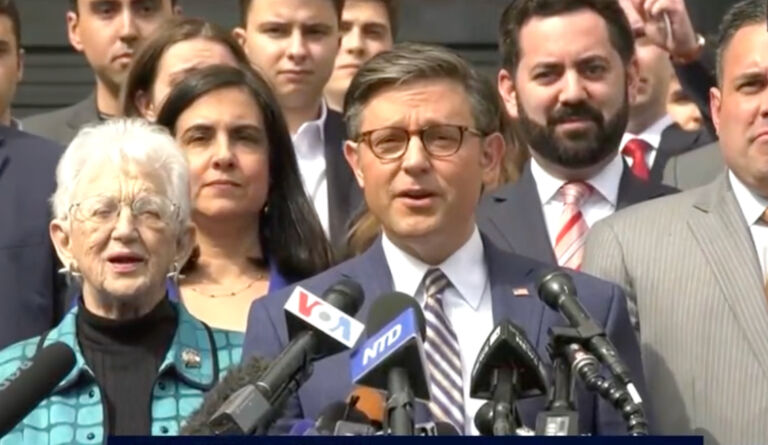A couple of weeks ago I wrote about an unusual order by the Supreme Court in Zubik v. Burwell, a case in which a group of religious organizations (including the Little Sisters of the Poor, Priests for Life, and East Texas Baptist University) have challenged the contraceptive mandate imposed on them under the Affordable Care Act. Both sides have now responded to that order.
The petitioners (i.e., the religious organizations) responded forthrightly, saying:
In its supplemental briefing order, this Court has asked the parties to address whether “contraceptive coverage may be obtained by petitioners’ employees through petitioners’ insurance companies, but in a way that does not require any involvement of petitioners beyond their own decision to provide health insurance without contraceptive coverage to their employees.” The answer to that question is clear and simple: Yes. There are many ways in which the employees of a petitioner with an insured plan could receive cost-free contraceptive coverage through the same insurance company that would not require further involvement by the petitioner, including the way described in the Court’s order. And each one of those ways is a less restrictive alternative that dooms the government’s ongoing effort to use the threat of massive penalties to compel petitioners to forsake their sincerely held religious beliefs.
On the other hand, as Michael McConnell observes in a discussion that was reprinted yesterday at the Volokh Conspiracy blog, the government’s response was rather oblique:
The government begins its supplemental brief with a three-page protest against the Supreme Court’s order. It complains that the existing accommodation is already “very similar” to the proposed compromise. It says that the government worked very hard to develop the accommodation…. And it says that the religious parties shouldn’t be offered a compromise because “petitioners have never suggested that an arrangement like the one posited in the Court’s order would allay their religious objections.” …
Not until page three does the government answer the question: the Court “should not require any change” to the accommodation. That sounds like a “no.” …
But the government later admits that when a religious employer tells its insurance company to exclude religiously objectionable drugs, it is communicating the same message as when it provides a “written notification.” So the government already has everything it needs.
The government next belabors the point that the petitioners never requested this particular variant of an accommodation (though they suggested many others). It is not clear what legal significance this may have. The government never suggested this variant either…. If either side had proposed this variant before, it would not need to ask.
Aware that its reasons for saying “no” are weak, the government then admits — on page 14! — that the real answer is “yes” — the accommodation “could be modified to operate in the manner posited in the Court’s order.” Although the insurer’s duty to provide contraception coverage “currently arises” only when the employer files a written notice of its objection, the government admits that it could impose “the same legal obligations” without any written notice. This is a clear admission that the government has a less restrictive alternative, which is fatal under the strict scrutiny required by RFRA.
Having thus admitted that there is a less restrictive alternative, the government spends the final section of its brief asking the Court to minimize the damage from an adverse ruling. “Depending on the nature of the defect the Court identifies,” the government asks the Court to invalidate only “the relevant aspects of the [self-certification] form,” or only “those portions of the regulations that require an employer to provide written notice.” Looks like the government is expecting a loss.
Under the Religious Freedom Restoration Act, individuals and organizations cannot be forced to violate their religious beliefs unless the government can show that doing so is “the least restrictive means of furthering a compelling governmental interest.” In this case the government’s supposedly compelling interest is to encourage and subsidize contraception. The Court proposed an approach to furthering that interest that both parties agree is less restrictive than is currently demanded under the ACA. As the petitioners point out in their brief, that ought to be enough to “doom” the government’s case, and, as Mr. McConnell points out in his discussion, the government evidently knows it:
The government’s brief seems to acknowledge the handwriting on the wall. Because it can use a less restrictive means to accomplish its interests, it must.


